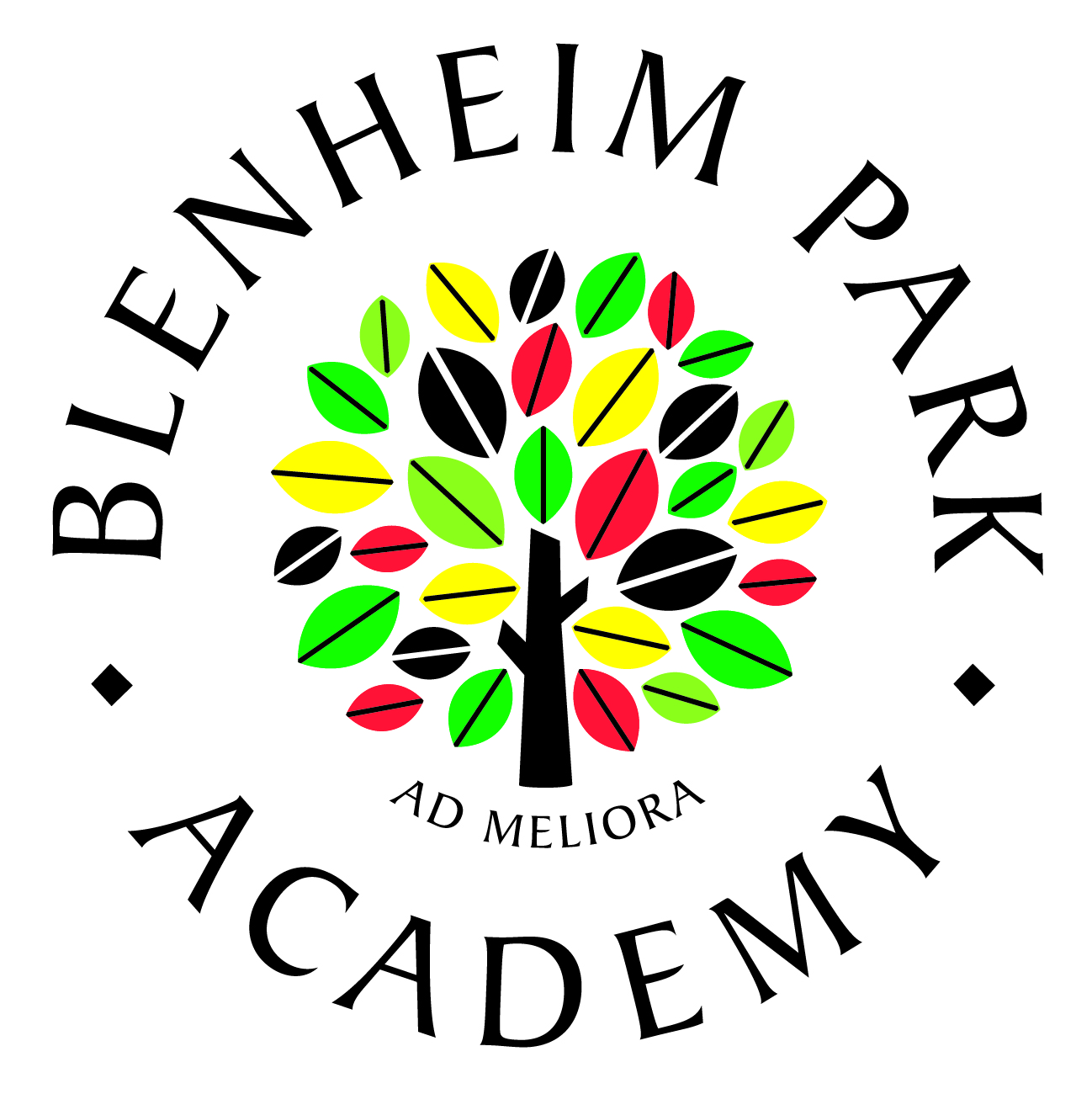EYFS Mathematics
The Statutory Framework for the Early Years Foundation Stage, September 2021 sets out the seven areas of learning and development that must shape educational programmes in early years settings. All areas of learning and development are important and inter-connected.
The level of progress children should be expected to have attained by the end of their EYFS reception year is defined by the early learning goals, or ELGs.
Mathematics
Developing a strong grounding in number is essential so that all children develop the necessary building blocks to excel mathematically.
Children should be able to count confidently, develop a deep understanding of the numbers to 10, the relationships between them and the patterns within those numbers. By providing frequent and varied opportunities to build and apply this understanding - such as using manipulatives, including small pebbles and tens frames for organising counting - children will develop a secure base of knowledge and vocabulary from which mastery of mathematics is built. In addition, it is important that the curriculum includes rich opportunities for children to develop their spatial reasoning skills across all areas of mathematics including shape, space and measures. It is important that children develop positive attitudes and interests in mathematics, look for patterns and relationships, spot connections, ‘have a go’, talk to adults and peers about what they notice and not be afraid to make mistakes.
Resources are split into 3 areas based on the educational programmes:
Numbers
Developing a strong grounding in number is essential so that all children develop the necessary building blocks to excel mathematically.
Children should be able to count confidently, develop a deep understanding of the numbers to 10, the relationships between them and the patterns within those numbers.
By providing frequent and varied opportunities to build and apply this understanding - such as using manipulatives, including small pebbles and tens frames for organising counting - children will develop a secure base of knowledge and vocabulary from which mastery of mathematics is built.
Patterns and connections
It is important that children develop positive attitudes and interests in mathematics, look for patterns and relationships, spot connections, ‘have a go’, talk to adults and peers about what they notice and not be afraid to make mistakes.
Spatial reasoning
It is important that the curriculum includes rich opportunities for children to develop their reasoning skills across all mathematical areas including shape, space and measure.
